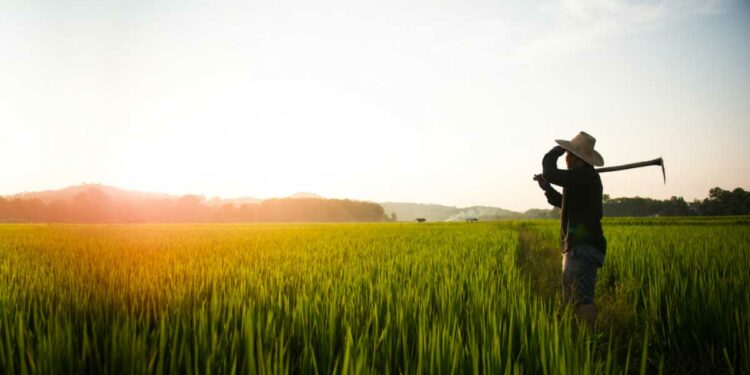The importance of new farming techniques is drastically rising as global food production was low due to the pandemic. Most of the countries in Southeast Asia, like the Philippines, Thailand, and Vietnam, are turning to Israel as the country uses innovative technologies in farming.
Israel’s agro-tech companies chalk plans to expand the business as there is an opportunity in the Southeast Asia countries. The bilateral programs with the governments have paved the way for boosting the agricultural output. Israel’s collaboration with Thailand that started in 2018 with the greenhouse facility in Petchburi Province included advanced technology that improves farming techniques like Israeli irrigation and sprinkler systems that boost the production with a sustainable design. In addition, the Thai farmers gained knowledge from the Israeli experts on using technology for agricultural development.
The new agricultural deal between India and Israel will continue for three years, creating a model ecosystem in Agriculture. The work program 2021-2023 affirms the bilateral relationship by starting the “INDO-ISRAEL Agricultural Project Centers of Excellence” and “INDO-ISRAEL Villages of Excellence.” The collaboration will have 29 operational Centers of Excellence (COEs) across India in 12 States that implement intensive Israeli Agro-Technology to improve production quality and train over a hundred thousand farmers on advanced horticulture techniques.
The Vietnam and Israel contract will allow the Vietnamese farmers to visit Israel to get equipped with the agricultural industry trends. For example, even in Vietnam’s northern province of Vinh Phuc, the Israeli greenhouses use hydroponic techniques to grow crops. The new technologies reduce water utilization, consume energy efficiently, improve the filtration process, and more.
A 2019 report by Tony Blair Institute for Global Change mentions that Israel overcame the challenges of its land being semi-arid or arid of poor quality soils and became a global leader in agriculture and water management. Additionally, the country records only 0.5% of grain storage losses compared to 20% globally, making it a pioneer in post-harvest grain management.
After the pandemic, the food security threats made the agri-food sector most vulnerable, disrupting supply chains and climate change. By expanding agricultural development, Israel aims to meet 30% of food needs by 2030 in Singapore, a non-agricultural country. Singapore’s focus to address the global challenges for food and water with efficiency led to the approval of acquiring 85% stakes in Singapore-state investor Temasek by Israeli micro-irrigation solutions innovator Rivulis.


















